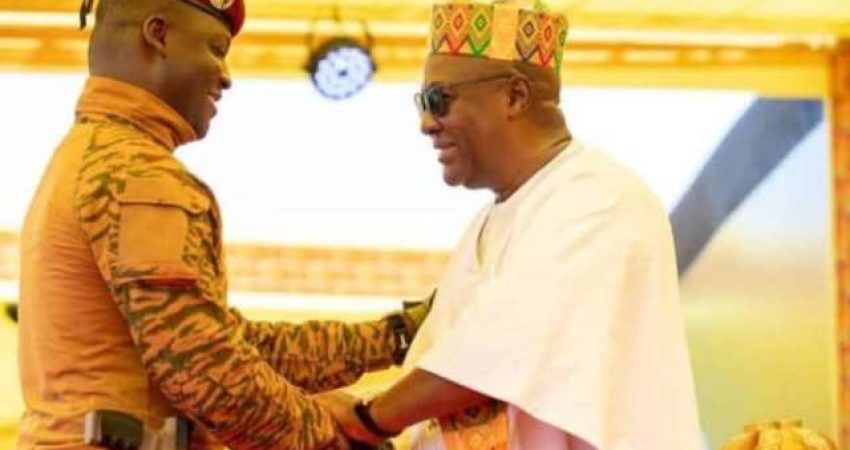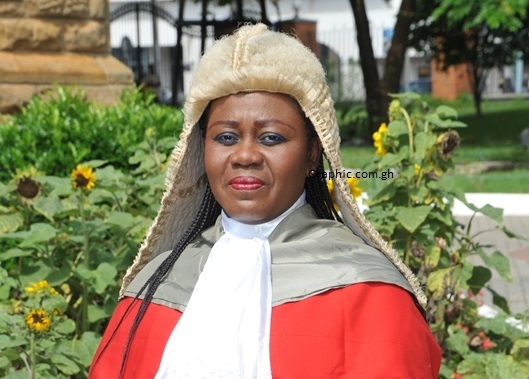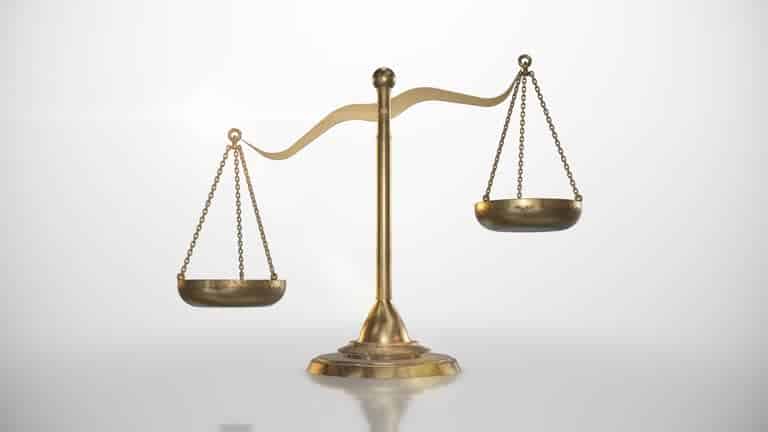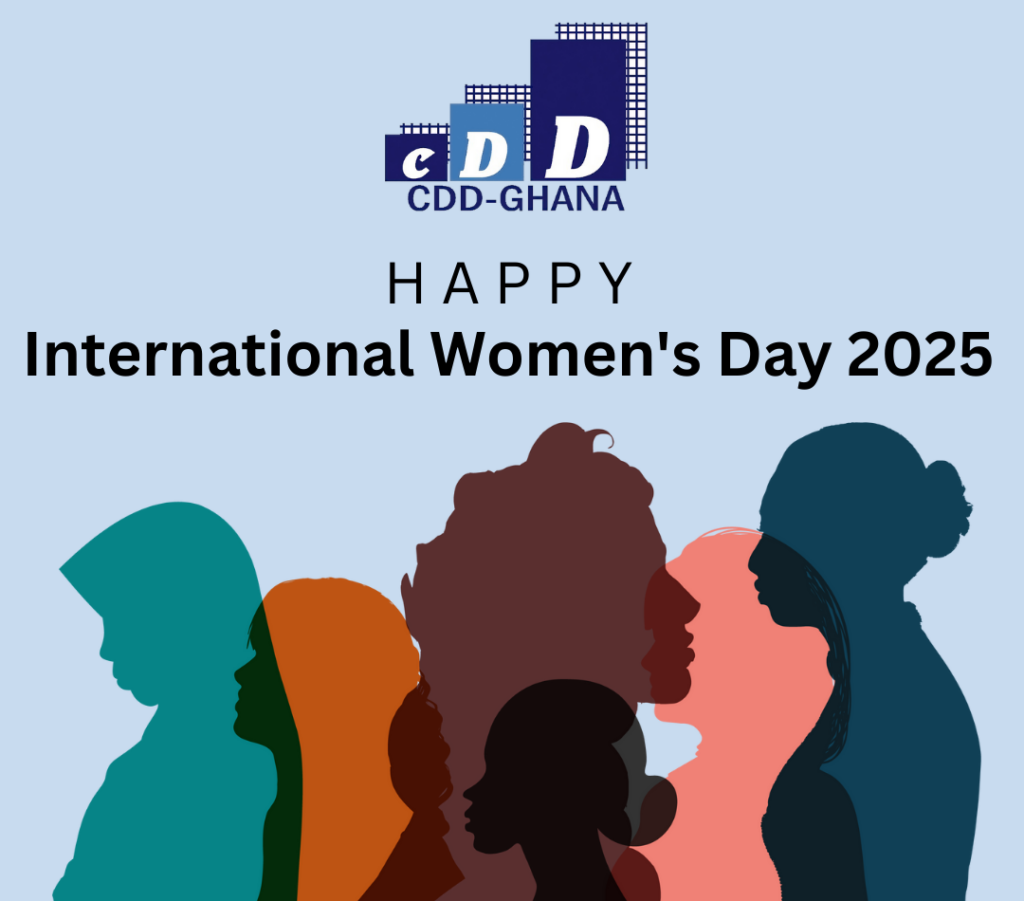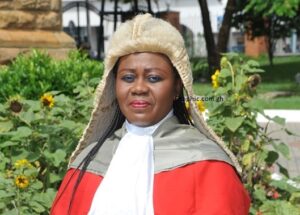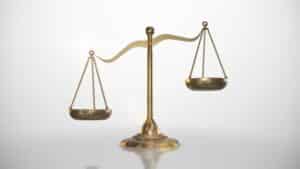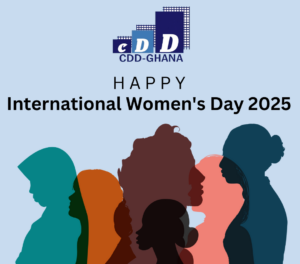Post the presidential inauguration on January 7, one of the narratives that gained traction in public conversations was how to interpret the applause that greeted Burkina Faso’s military leader who was in attendance. For some, it was an endorsement of military rule and a growing disenchantment with democracy.
What do Ghanaians say about military rule, and are there any signals of concern for our democracy? Here are seven key observations from the Afrobarometer survey.
Ghanaians Support Democracy, But Are Dissatisfied
Before proceeding, it is important to address quickly if there is growing disenchantment with democracy among Ghanaians. First, based on the percentage of Ghanaians (73%) who say, “democracy is preferable to any other form of government” it cannot be asserted there is disenchantment with democracy. In addition, the percentage of Ghanaians (82%) who say we must “choose our leaders in this country through regular, open, and honest elections,” an essential ingredient of democracy, remains very strong (Round 10, 2024).
Second, the disenchantment Ghanaians feel is not with democracy itself but the way democracy works where only 50% (down from 78% in Round 7, 2017) say they are “satisfied/very satisfied” with the way “democracy works in Ghana”. In addition, Ghanaians (38%) say the country is a “democracy, but with minor problems” while another 32% say it is a “democracy, but with major problems” (Round 10, 2024).
There are other areas of concern such as low trust in institutions and increasing perceptions of institutional corruption, which also pose challenges to Ghana’s democracy architecture.
Ghanaian Views on Military Rule
First, 62% “disapprove/strongly disapprove” military rule (Round 10, 2024). This is however a significant, twenty-one percentage point drop from Round 1, 1999. Shifts in disapproval of military rule can be classified into three distinct periods – a slight decline (-10) in disapproval (1999 to 2008); a slight increase (+9) in disapproval (2008 to 2012); and a significant decline (-24) in disapproval.
Second, in Round 9, (2022), 55% said “armed forces should never intervene in the country’s political process” compared to 40% who said, “it is legitimate for the armed forces to take control of government when elected leaders abuse power for their own ends.” In Round 10 (2024), Ghanaians were split 49%-49% on this question.
Third, among Ghanaians who disapprove of military rule, they were split 68% – 26% in Round 9 (2022) in favor of the armed forces never intervening in the country’s political process. In Round 10 (2024), the split, although still in favor of the armed forces never intervening in the country’s political process, was 58%-39%.
Fourth, among Ghanaians who approve of military rule, they were split 72% – 26% in Round 9 (2022) in favor of the armed forces intervening in the country’s political process if leaders abuse power. In Round 10 (2024), the split, although still in favor of the armed forces intervening in the country’s political process, was 68%-31%.
Fifth, when asked what should happen “If the military were ever to intervene in government”, the percentage who favor a return to civilian rule splits between 40% who say “as soon as possible” and 39% who say “gradually”. In essence, Ghanaians (79%), whether immediately or over time, prefer a return to civilian rule.
Sixth, among Ghanaians who disapprove of military rule, on what should happen “If the military were ever to intervene in government”, the percentage who favor a return to civilian rule splits between 47% who say “as soon as possible” and 36% who say “gradually.” Among this group (83%), whether immediately or overtime, preference is a return to civilian rule.
Seventh, among Ghanaians who approve of military rule, on what should happen “If the military were ever to intervene in government”, the percentage who favor a return to civilian rule splits between 26% who say “as soon as possible” and 45% who say “gradually.” Among this group (72%), whether immediately or overtime, prefer a return to civilian rule.
General Conclusions – Worrying Signs and Hopeful Signals
There are three worrying signs – First, the continuous decline in disapproval of military rule since 2012; second, the change (+19) in the percentage of Ghanaians who give conditional legitimacy to armed forces intervention in the political process; and third; the change (+13) among those who disapprove of military rule but say it is legitimate for the armed forces to intervene if power is abused.
There are two hopeful signals. First, democracy enjoys strong support among Ghanaians. Second, there is preference for a return to civilian rule if there ever is a military intervention, even among those who approve of military rule.
It is however important that we continue to address the challenges facing Ghana’s democracy as overlooking them may in the long term affect the level of support it enjoys among Ghanaians.
 John Osae-Kwapong (Ph.D) is a Democracy and Development (D&D) Fellow at the Ghana Center for Democratic Development (CDD-Ghana) and the Project Director at The Democracy Project.
John Osae-Kwapong (Ph.D) is a Democracy and Development (D&D) Fellow at the Ghana Center for Democratic Development (CDD-Ghana) and the Project Director at The Democracy Project.
*Featured image credit: Modern Ghana


